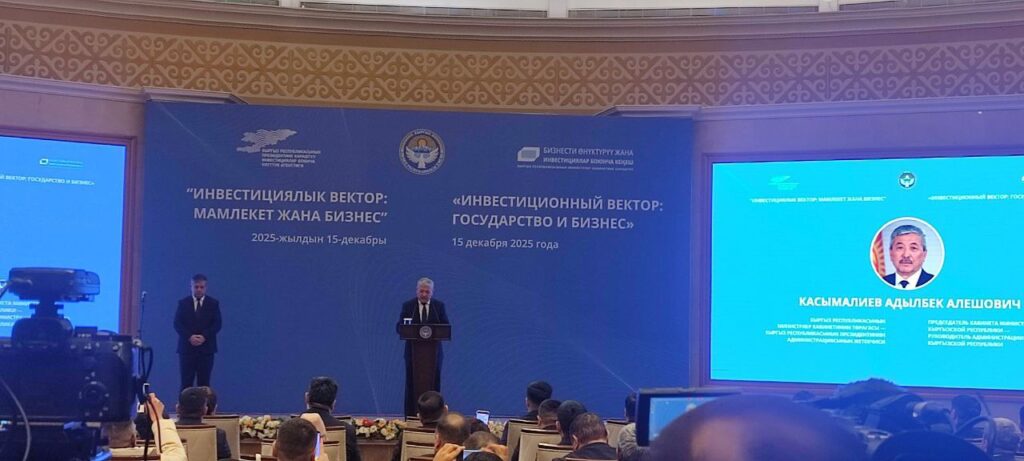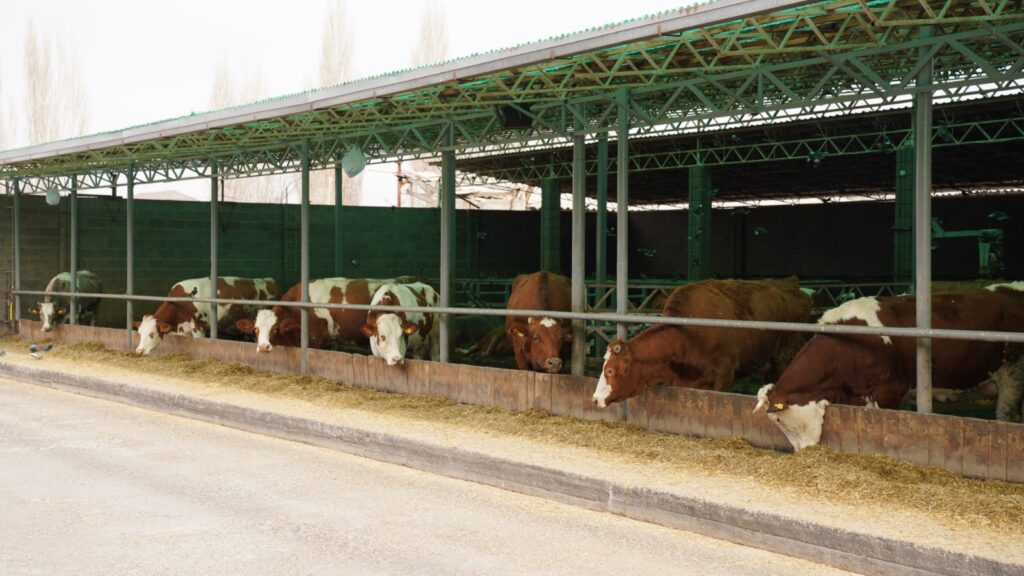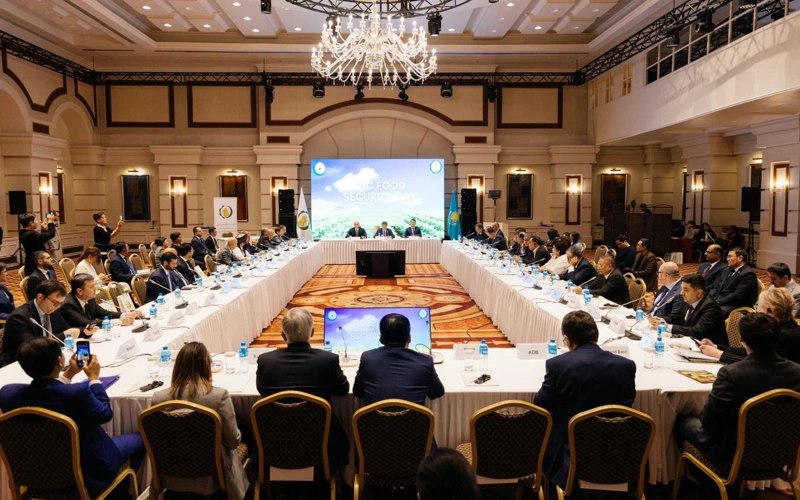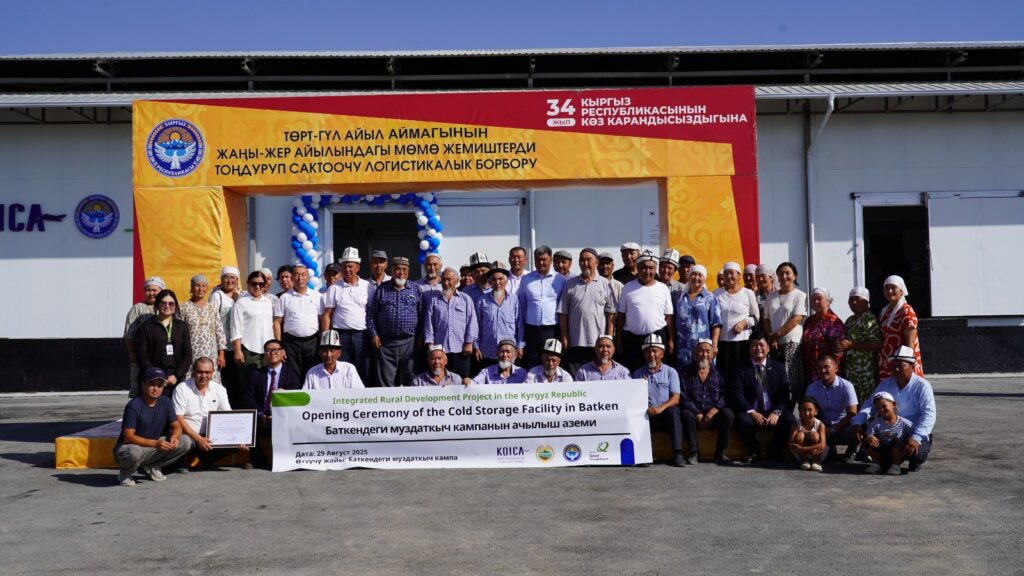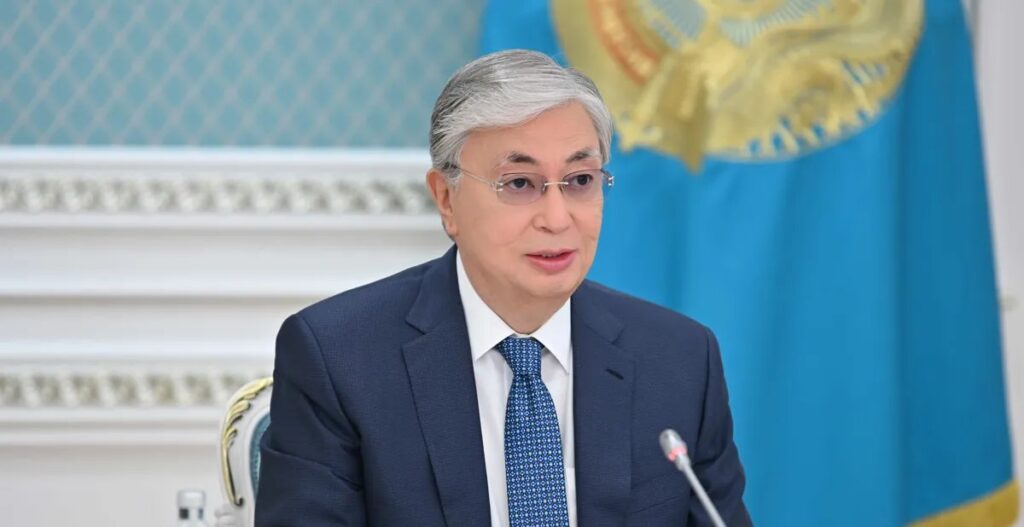BISHKEK (TCA) — A project of the Food and Agriculture Organization of the United Nations (FAO) has assisted five countries (Azerbaijan, Kazakhstan, Kyrgyzstan, Tajikistan and Turkey) in preparing high-quality rural investment project proposals, and increasing the number of feasible and sustainable rural investments designed to improve incomes, the FAO Regional Office for Europe and Central Asia said on April 4.
In most Central Asian countries in recent years, rising economic growth rates have led to increased investment demand in the rural sector. Until recently, though, many national officials were inexperienced in developing or evaluating investment proposals.
The project participants have learned to use FAO’s RuralInvest methodology and software. Now, they can reinforce their training with online video tutorials in Russian, English and other languages.
A US $335,000 fund was used to organize regional consultations and national RuralInvest training sessions, followed up by post-training supervision and monitoring.
“Low levels of investment in agriculture and rural development in the region have had a negative effect on sustainable development and growth in the sector,” said Anara Jumabayeva, senior economist with FAO’s Investment Centre. “This lack of investment has been a key factor contributing to sector inefficiency.”
In the centrally planned economies of the past, public investment decisions were made by central governments. All too often, choices were based on inadequate information about opportunities, needs and priorities at the local level. Changing this approach has proven difficult, in part due to a lack of effective tools and methodologies to ensure well designed investment project proposals.
All countries in Central Asia are highly agrarian, with an average 60 percent of people living in rural areas and agriculture accounting for more than 45 percent of total employment and 25 percent of gross domestic product. Increased regional agricultural production is needed to feed growing populations and reduce poverty.

